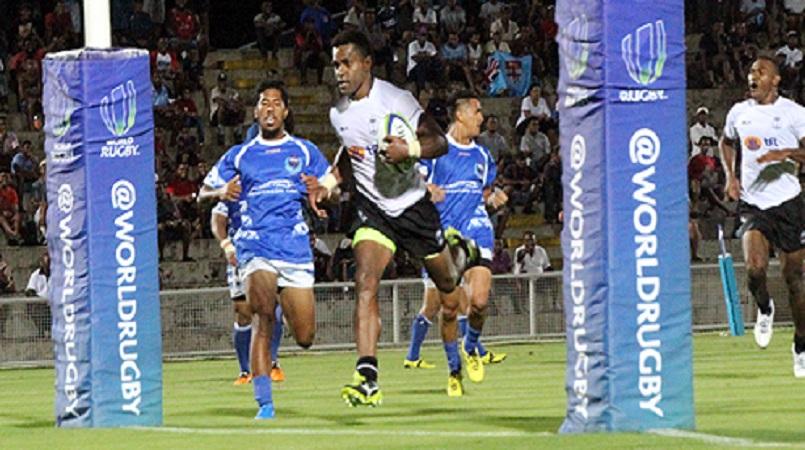Fiji's domestic based players have had notable success over the past couple of years. As the June internationals approach, it will be interesting to see how much of this local talent will be rewarded for their success with an opportunity in the national team.

The recent results in the Pacific Challenge, the annual tournament that pits the best of the Pacific Islands domestic based players each other, showed up what has been apparent for quite some while. That the local based talent of Fiji is far stronger and deeper than their Pacific rivals than what the common conception is.
Fiji Warriors won the tournament defeating Samoa A (twice) and Tonga A by an aggregate of 126-24 over three matches, scoring 16 tries to just 2 conceded.
Since the tournament began in fact, the Fiji Warriors have gone 9-0 against their Pacific rivals Samoa A and Tonga A. In only one of those matches (the very first back in 2011) has the winning margin been within a converted try.
Also last year, Fiji Warriors went on a three match tour of South America and won every game, including one against an Argentina XV side of which 10 of the starting 15 featured in the Rugby Championship or RWC later that year.
By contrast, the Fijian XV was predominantly uncapped, and only the loosehead prop Peni Ravai went onto feature in the Pacific Nations Cup or RWC later in the year, as one of the very few domestic based players in a largely European based squad.
When you consider there are one of the biggest exporters of talent in the world with over 100+ Fijians playing professionally in Europe, roughly double that of Samoa or Tonga, it emphasises even more just how much talent they produce.
It should also underline the point of how Fiji have been far more successful in bringing through talent from their own coaching and developmental systems to a very high level. What was written here on Samoa, does not apply at all to Fiji.
Contrast to Samoa or Tonga, over 40% of whose RWC squads were born overseas (and that's just born overseas, by the measure of those raised and brought up in NZ the percentage would be higher, well over 50% in Samoa's case), under 10% (3 players) of Fiji's squad were born overseas.
That point of difference between Fiji and their Pacific rivals, many of whose best players have come from the NZ developmental system, should be noted.
Since 2000, there are at the very least 40+ former New Zealand or Australian age grade internationals who have gone on to represent Tonga or Samoa at senior level. In Fiji's case however, a quick browse shows only two players (Deacon Manu and Nemani Nadolo) fitting that category.
Back in June 2012, some may remember a locally based trio of Nikola Matawalu making his real international breakthrough that month, alongside Metuisela Talebula and Waisea Nayacalevu as raw 21 year olds, all of whom soon caught the eye of major European clubs.
With John McKee saying he may test some younger players this year, it will be interesting to see if some of the local talent that has done so well in the Pacific Challenge, and on last year's South American tour will get a chance to play in June in some televised matches, with the easier match against Georgia where RWC qualification is not at stake being the obvious opportunity for some experiments.

No comments :
Post a Comment